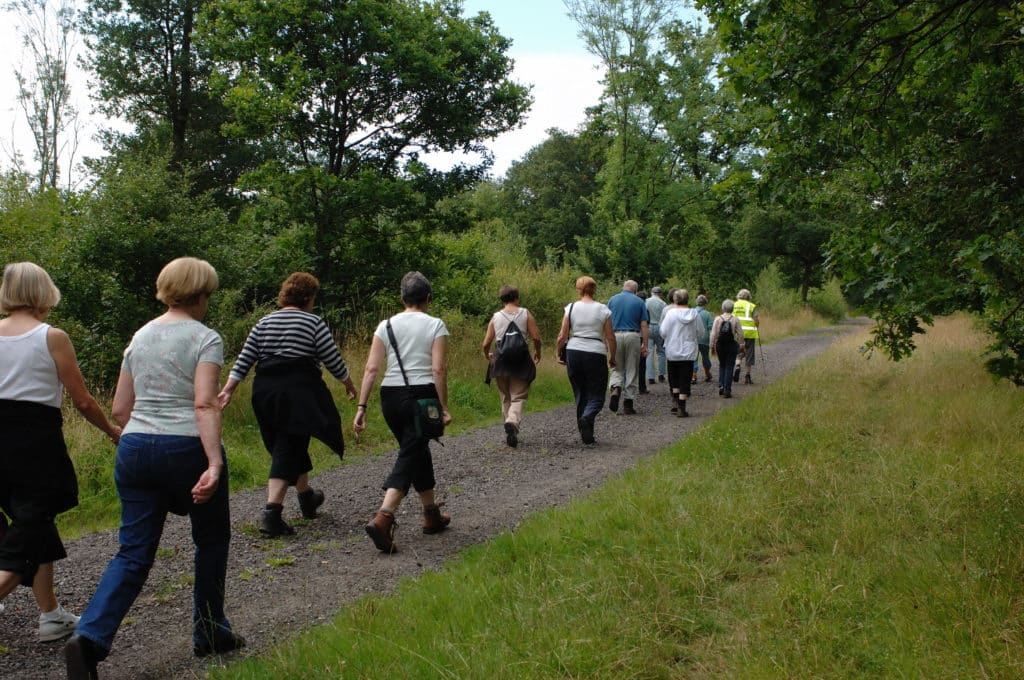
The benefits to maintaining a healthy schedule of physical activity for brain health are well known, but randomized control trials in the NIA study were inconsistent.
By Chloe Elmer
As drug trials for treating Alzheimer’s disease have repeatedly yielded negative results, the focus shifts to early-stage prevention. And one report said inconclusive evidence should not discourage adults from the healthy-brain strategies investigated.
The June 2017 report — “Preventing Cognitive Decline and Dementia: A Way Forward” from the Health and Medicine Division of The National Academies of Sciences, Engineering, and Medicine — investigates three interventions for early cognitive impairment — cognitive training, blood pressure management for people with hypertension, and increased physical activity. All showed encouraging results, but not enough evidence to show that they can prevent Alzheimer’s disease, dementia, and other forms of cognitive impairment in order to create a public health campaign encouraging their use.
“Even though clinical trials have not conclusively supported the three interventions discussed in our report, the evidence is strong enough to suggest the public should at least have access to these results to help inform their decisions about how they can invest their time and resources to maintain brain health with aging,” said Alan Leshner, chair of the committee and CEO emeritus, American Association for the Advancement of Science.
Cognitive training includes structured training exercises to enhance reasoning, memory, processing, and problem-solving to slow age-related cognitive decline. The report shows this type of training can have short-term benefits on improving task performance, but there is no solid evidence supporting any long-term effects. Translation of this performance into daily living is also called into question, as well as if doing one type of training, such as for memory, would yield any benefits in another area, such as problem solving.
The second topic involves managing blood pressure for those who suffer from hypertension to slow clinical Alzheimer’s. Managing blood pressure in patients with hypertension has been linked to declines in stroke and mortality, and would seemingly reduce cognitive decline, however, clinical trial data have remained inconsistent.
The last area of review was increasing physical activity to delay age-related cognitive decline, a topic which has been heavily reported on in the news media. The benefits to maintaining a healthy schedule of physical activity for brain health are well known, but randomized control trials for this review were also inconsistent.
The committee from the review wrote that before any public health campaigns can be created to promote these three topics as ways to maintain age-related cognitive function, they need to be fully confident in the effectiveness of those interventions, and recommends further research. This includes “ensuring that interventions are evaluated in a diverse set of populations, with variation across racial and ethnic backgrounds, socioeconomic status, age at the time the intervention starts, and risk of dementia,” according to the report. “It is also important to consider approaches that can improve the evidence base while achieving greater efficiencies.”
This study was funded by the National Institute on Aging (NIA) in 2015 to make recommendations for public health messaging and future research.